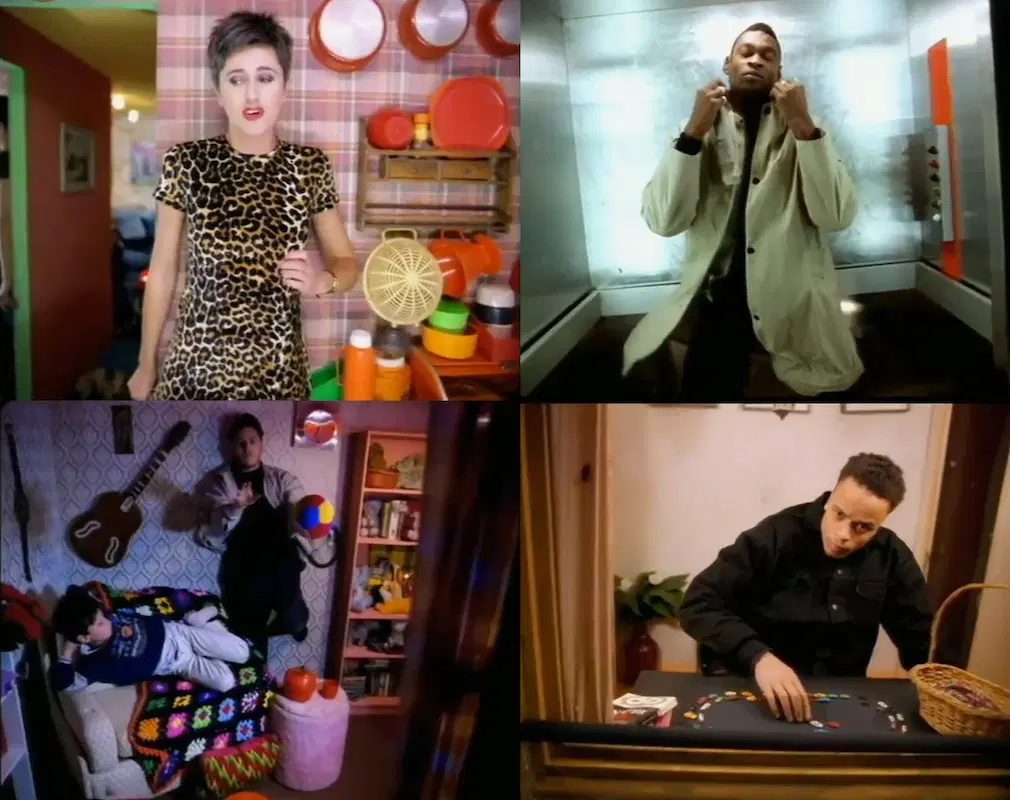Massive Attack feat. Tracey Thorn — Protection. Story behind the track

In a fascinating and moderately frank book “Bedsit Disco Queen: How I grew up and tried to be a pop star” by Tracey Thorn (half of the duo Everything but the Girl), apart from stories about the creative path, the recording of albums of the band, meeting her future husband Ben Watt and the early female
post-punk band, contains an interesting chapter about working with Massive Attack.
Instead of an introduction, I’ll give you a little context. In the early 1990s, Tracey Thorn began to experience difficulties in her career—their sixth album Worldwide, released in 1991, went completely unnoticed in the British press. (Tracey wrote that she eagerly searched for at least negative reviews, but there were not even these. Later, Thorne admitted that they themselves hadn’t really invested in the record. “Now I was in danger of making records simply because I had to; it was what I did, it was the day job. And the truth is, it really isn’t a dreadful record, just
The duo didn’t know where to go. On the one hand, British music was being squeezed by ravers and acid house hysteria. On the other hand, they were bored with their previous lifestyle, lacking confidence and tired from compromises with the label. Ben and Tracey were 30 years old, together for 10 years, not married yet and without children. The band bought and arranged a country house, but in the first week, they realised that the noisy life in the city was better. The house was sold. The relations with the label were as strained as possible. Tracey was worried about not knowing where to lead the band, but this wasn’t even the main problem. In the summer of 1992, her partner Ben collapsed from a rare disease with minimal chances of survival. (But everything worked out.)


